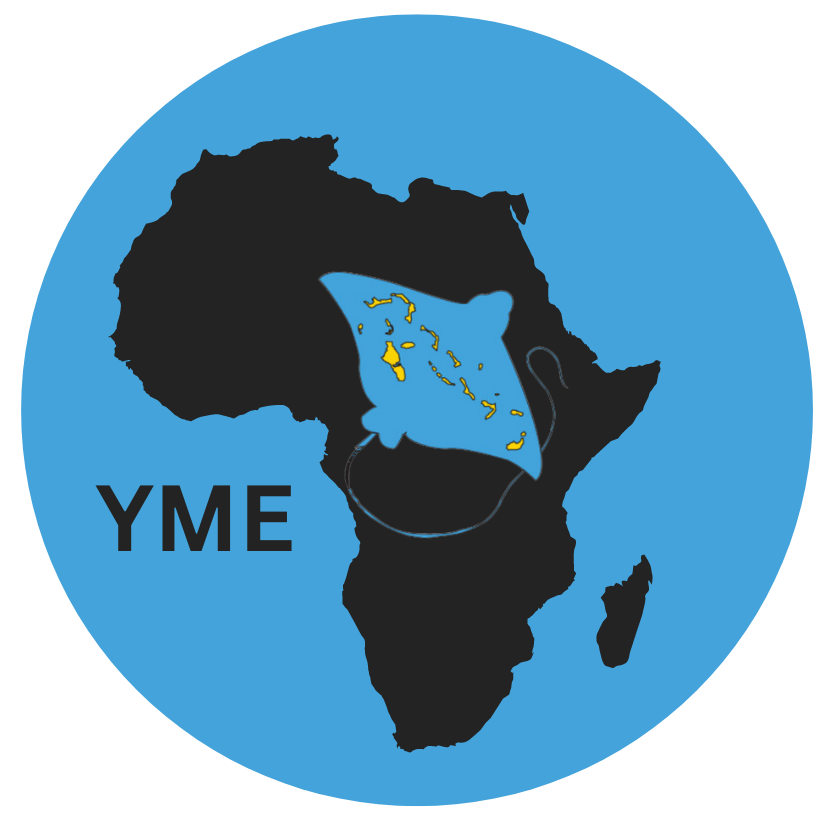Just before the UN Ocean Conference convened in Portugal in June 2022 a team of European based scientists released tracking devices into the Ocean to help gain a better understanding of how plastic bottles move in the ocean and their interaction with climate change impacts, wildlife and weather patterns. The bottles deployed had a special GPS pollution tracking device.The data gathered through this project intends to
provide insight into oceanographic and meteorological factors that influences plastic and it’s interaction with the ocean. Five-hundred-thirty day’s after the device was released into the Ocean it has washed up on the shore of one of our Cat Island beaches. The project team made a Facebook post asking for support in collecting the plastic bottle and our community marine science team has responded to the call.
Our Community Marine Science team have been observing the abundance of coastal and marine debris on beaches and in the near shore coastal waters of Cat Island. The team have conducted transects at different locations around the island and upon learning about the beach plastic tracker have started planning their expedition to survey the beach where the device has been beached to locate the plastic bottle.
In an effort to drive collective action towards meaningfully achieving the UN Sustainable Development goals young people from the Caribbean and Africa through a Pan-African movement have set the mid-term goal of supporting youth engage in policy creation around chemical and waste by 2024 and by 2030 have a comprehensive data set on marine & coastal debris in data deficient regions.
Expedition Part I: A plastic bottle?
The Nexus between the ocean- plastic and Climate has been a key topic discussed during the ongoing COP 28 meetings in Dubai. Explore this summary of the panel that discussed the urgent need to address the impact of plastic pollution on the environment, human health, and greenhouse gas emissions.
This session emphasised the importance of multilateral action and innovative solutions in tackling this global issue.
Highlights
- 🌍 Plastic production is forecasted to increase by 66% to 712 million metric tons by 2040, posing a significant threat to the environment and climate.
- 🚮 Unilateral and multilateral measures, including bans, incentives, taxation, fines, and rethinking product design, are necessary to reduce plastic pollution.
- ♻️ The promotion of reuse, refill, and right to repair initiatives are crucial in reducing plastic waste and promoting sustainable practices.
- 💡 Private sector innovation and investment in alternative materials and recycling infrastructure are essential for addressing the plastic pollution crisis.
- 🌊 The panel emphasized the need for international cooperation and policy initiatives, similar to the global action taken in addressing ozone-depleting substances in the 1970s.
